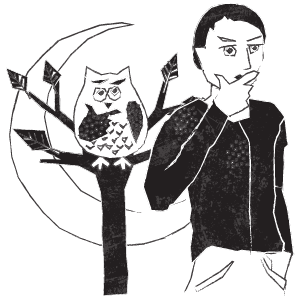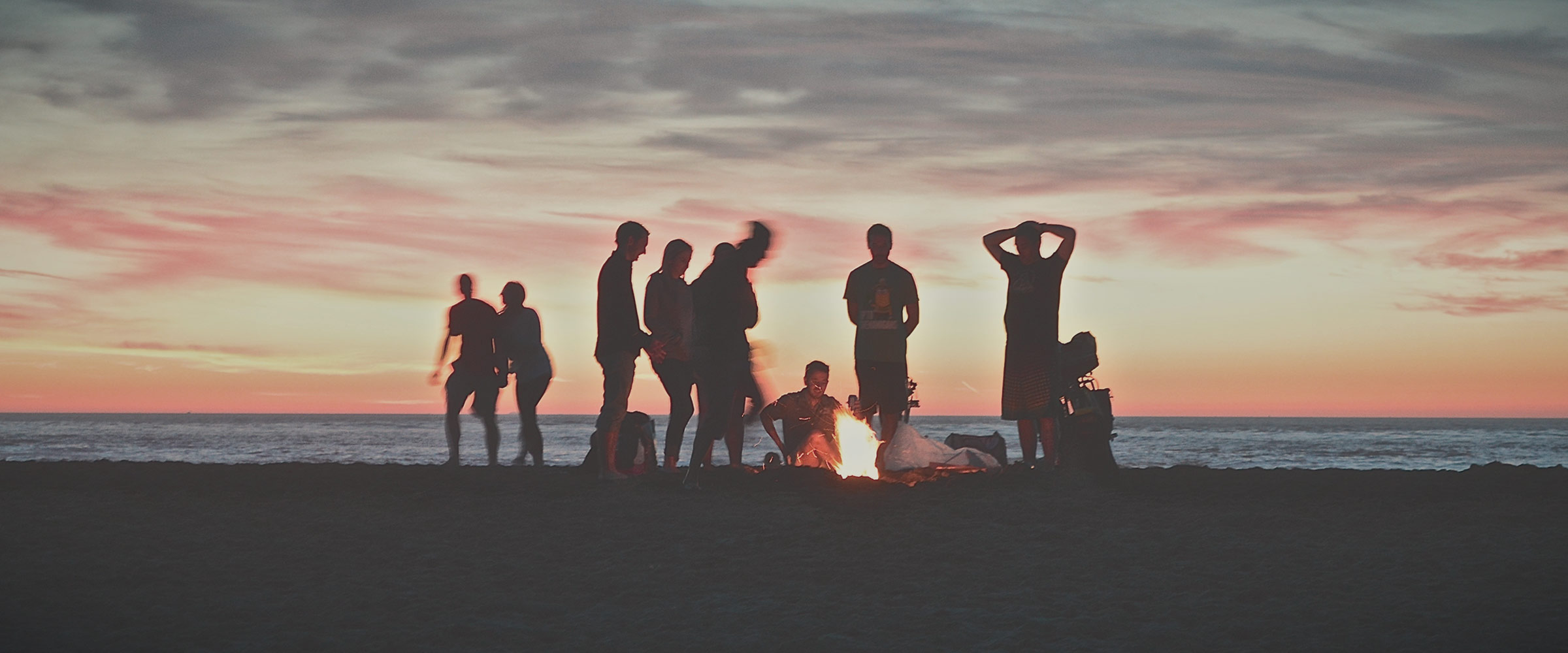
I’m back! ‘Tis I, your so-far-successful autistic STEM grad student, ready to reveal the mysteries of post-secondary life. (Or, at least, I’ll get to the mysteries as soon as I’m finished indulging in grossly exaggerated arrogant melodrama as a humorous device.)
Now, where was I? Ah, yes, the mysteries of post-secondary life.
Let me tell you a strange fact: Researchers (like Perkins, Haines, & Rice, 2005, or Perkins, 2007) have done some fascinating studies asking students about drinking in college. The researchers asked students how many alcoholic drinks they consumed at parties, allowing the researchers to get a sense of how many drinks students actually do have. But then the researchers also asked the students to say how many drinks they thought other students typically consumed. Strangely, the vast majority of students seemed to think that the average student had more drinks than the actual average.

But how can that be – the average student obviously can’t drink more than the average student, so what’s actually going on?
Well, the researchers think that most students “misperceive the drinking norm”: students often overestimate the typical rate of alcohol consumption in their college. Unfortunately, this only ends up amplifying peer pressure. The students who had the most exaggerated sense of the drinking norm were also the students who drank the most.
The actual rate of drinking at the college seemed to have a smaller effect on students’ drinking than students’ perceptions about the rate of drinking! When it comes down to it, peer pressure is in our heads.
When we believe that it’s normal to do something, we might feel pressure to do it. It doesn’t matter whether it’s actually normal or not.
Why I am I telling you this?
Because I hope that this will give you more confidence if you’re reluctant to do something, but feeling pressured to do it anyway. There’s a pretty good chance that the pressure you are feeling is illusory. Maybe the people who are pressuring you aren’t representative examples of the student population – or maybe they’re lying in the hopes of fitting in with their own misperceptions about what’s normal.
Besides, if you don’t want to do something, why do it? I think we should always try to hang out with people who have similar interests and who make us feel comfortable – we shouldn’t feel pressured to change our ways in order to fit in.

Ultimately, what’s so great about this notion of “normal” anyway? We’re neurodivergent people, after all.
Surely we want to be supporting a world where neurodiversity is accepted, where we can all feel free to be ourselves even if others are different. Thus, we shouldn’t feel that we have to do foolish things just because we see others around us being foolish.
We can feel free to say no to foolishness.
This can apply well beyond the issue of college drinking. (I only focused on that because it’s been so well-researched.)
Maybe we see other people skipping lectures, blowing off studying, not writing essays until the last minute, doing drugs (other than alcohol, I mean), and so forth. We certainly shouldn’t do anything that leaves us unsafe or allows other people to exploit us.

If you have a niggling worry that maybe something you’re about to do is a terrible bad idea, maybe you should listen to that worry. If you’re already doing something that, on reflection, has proven to be a terrible bad idea, it’s never too late to seek help.
One great place to go might be your college’s counselling services office.
By the way, here’s a (rather frightening) sentence that sums up what decades of research have told us about excessive college drinking:
“Consequences of college drinking include missed classes and lower grades, injuries, sexual assaults, overdoses, memory blackouts, changes in brain function, lingering cognitive deficits, and death.” ~ White & Hingson, 2014
Thus, there are many good reasons to think twice before we succumb to (perceived) pressure.
Any comments? Additional thoughts? Relevant experiences?
Please add them below!
And if you’d like to read more from Patrick, check out his insightful series on sensory sensitivities on campus, his video on what students and families need to know about transitioning to college, or another one of his funny pontifications on going to office hours.
References and Further Reading
Perkins, H. W. (2007). Misperceptions of drinking norms in Canada: Another look at the ‘reign of error’ and its consequences among college students. Addictive Behaviors, 32(11), 2645-2656. https://doi.org/10.1016/j.addbeh.2007.07.007
Perkins, H. W., Haines, M. P., & Rice, R. (2005). Misperceiving the college drinking norm and related problems: A nationwide study of exposure to prevention information, perceived norms and student alcohol misuse. Journal of Studies on Alcohol, 66(4), 470-478. https://doi.org/10.15288/jsa.2005.66.470
Tinsley, M., & Hendrickx, S. (2008). Asperger Syndrome and Alcohol: Drinking to Cope? London: Jessica Kinglsey Publishers.
White, A., & Hingson, R. (2014). The burden of alcohol use: Excessive alcohol consumption and related consequences among college students. Alcohol Research: Current Reviews, 35(2), 201-218. Retrieved from https://www.ncbi.nlm.nih.gov/pmc/articles/PMC3908712/




